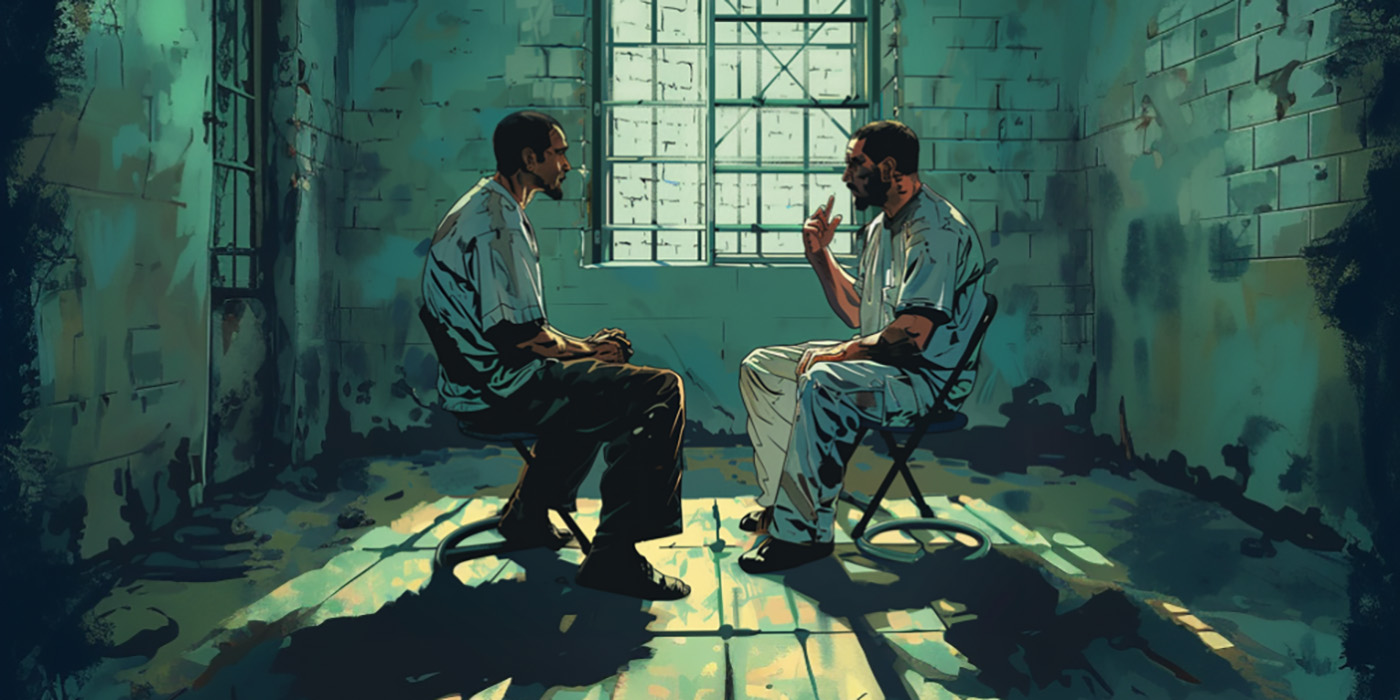Have you been in recovery for a while and find you’re facing new, baffling difficulties that your current program isn’t adequately addressing? Or do you feel like your recovery has slowed down and you can’t shift out of first gear? If so, perhaps it’s time to revisit the Fourth Step.
Hi, my name is C. and I’m a sexaholic. I’ve been sober since September 2000. I recently did my Fourth Step in a new and refreshing way, and I’d like to share my experience with you.
Like many folks in program, I get spiritually stuck from time to time. I try everything in my “recovery tool bag” but nothing seems to fit the current (and pressing) need. My recourse is to keep talking about it until someone either hands me a new tool or, at least, points me in a new direction. Recently a friend in program pointed me toward doing a “mini” Fourth Step.
To be candid with you, I thought it was a stupid idea: “Been there, done that.” However, I’ve learned to listen to those who are sober. Leaning not on my own understanding, I sat down to revisit the Fourth Step (sigh).
I rather carelessly listed some fears that came to mind: fear of financial insecurity, fear of relapse, fear of living a dilatory existence, and my strongest, most palpable fear, that of losing my wife.
This quick fear inventory clued me in that I might actually benefit from taking a closer look at myself, and so I picked up the AA Big Book and reread the section on the Fourth Step. I noticed the Big Book wastes a lot of time on resentments, which might be good for someone new, but not for a Twelve Step warrior like me. Just to be sure, however, I drew out the resentment chart as recommended. In one hour I listed 12 resentments regarding my depressed wife, my demanding boss, an imperfect program friend, and a garrulous lady at church. Just as I suspected, other than a few minor issues, I was largely resentment free.
Okay. The truth is, I started to panic. I quickly ran back to the Big Book and then wrote this down: “God, help me show _______ the same tolerance, pity, and patience that I would cheerfully grant a sick friend. (S)he is sick. How can I be helpful to her/him? God, save me from being angry. Thy will be done.” As I read, wrote, and reflected, I felt the burden of resentment lifting.
The next day, though, I felt the old resentments tugging at me, knocking on the door of my heart, pleading their case. I knew I had more work to do if I wanted to stay free of them, and so that weekend, during the professional football playoff mind you, I jotted down three column headings—Before Marriage, After Marriage, and Today. I began filling in character defects under each heading.
The first two columns were nearly identical, with about 30 entries a piece. The last column, however, had 14 defects, nine of them preceded by the word “somewhat.” This certainly was a pleasant surprise. Apparently, my Higher Power had been working on me over the years. I wanted to know more, so I took this concept to the next level of detail.
Namely, I depicted, in graphic form, the progression of my core defects (and a few assets) over the course of my life. I laid out my life history across the bottom of the paper in about nine chunks of time, from elementary school through today, also noting life-shaping events, such as marriage and finding SA meetings. On the left of the page I treated my inventory items as if they have energy levels: high, medium, low. I then traced out how those levels varied over time for each inventory item—pretty cool, huh?
My graph tells me that I’ve been improving. There’s nothing like a little encouragement to get my current program back in gear. Before finding 12-Step recovery I had given up hope, resigning myself to a life of duplicity, shame and self-loathing; yet, today I can see genuine progress. In addition, my graph clearly illustrates the impact of life-shaping events on my defects and assets, which helps explain a few things and reminds me of a few more things to be grateful for. I also notice a couple of staunch defects which have shown resilience in the face of progressive recovery, such as blaming others and feeling entitled—guess I’ll be moving on to Step 5 shortly.
If you’re stuck in first gear I recommend giving this mini-Fourth a try. It might be just the thing to get you moving again along “the Road of Happy Destiny.”
Charlie S., Boston, MA






